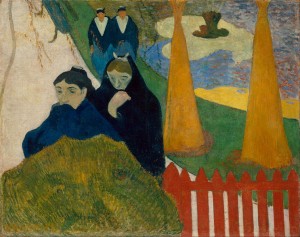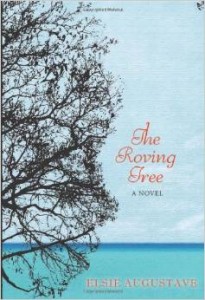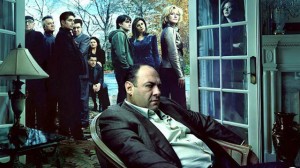Welcome, readers, to February’s issue of Synchronized Chaos International Magazine. This month, perhaps in line with a certain view of the Valentine’s Day holiday, we turn to themes of loss and longing.
Elizabeth Hughes brings us reviews of several horror, thriller, fantasy and suspense novels in her Book Periscope column: Michael de la Pena’s FBI covert action thriller Coyote Wars, Marjorie Thelen’s utopian spoof of old-fashioned campy sci fi, A Far Out Galaxy, and Bobby Sutton’s Cajun horror tale Reunion: The Making of a Legend.
What sorts of psychological longings are addressed by horror and thriller novels? Why do these genres continue to appeal to readers? Our colleague Merrick Hansen, in an interview with Bobby Sutton that we hope to reprint, suggests that horror appeals to our primal instincts, gets our attention and makes us feel something and remember that we are alive.
I and others see in these genres a way to experience intense feelings in a safe, vicarious environment. When my life is calm, I find myself enjoying something bolder and rougher, such as Coyote Wars or Reunion. When things become more chaotic, I seek out something more akin to A Far Out Galaxy, which contains plenty of action and suspense but affirms the power of love and connection. As much as some people make fun of ‘campy’ writing or pieces with happy endings, the fact is that books of this sort remain popular, in part because people seek out some basic order to the universe, some sense that even setbacks are part of a larger story that will eventually make sense. Brian Sutton points out that even horror is not necessarily nihilistic and can point to moral order without a requisite happy ending when seen as illustrating the ugliness and dangers of evil.
Elizabeth Hughes also reviews Deborah Hawkins’ Ride Your Heart ‘Til it Breaks, a literary romance whose characters grapple and choose among a variety of desires: for meaningful careers, stable relationships, passion, and finding their true selves. Hawkins explores forgiveness and self-discovery as ways to make peace with our past losses and present choices in her tale of an undying connection between a musician and a lawyer.
Some poets this issue express different sorts of longings. James Brush goes back to earlier poetic forms to convey something even more primal: the need for rain. Brush seeks out a more elemental, real connection to nature, to something visual and visceral. G.K. Brannen also speaks of harmony with nature, with the water and desert, in an authentic, tough-minded way. Just as Brush and Brannen encourage us to look outward and pay attention to our physical world, columnist Ryan Hodge looks to the ecosystem of video games to illustrate how much we can learn about our surroundings and how much of a story we can put together through careful observation.
Peter Jacob Streitz’ work laments that he never became bold and uncompromising enough in the quest for good, a piece inspired by the life of Martin Luther King. Kahlil Crawford also experiences a death of some of his idealism, as what he considers a worthy nonprofit turns out to be marred by systemic arrogance. Marjorie Thelen also fantasizes about expanding the possibilities of her life, envisioning different destinies in a more fanciful piece.
J. Lewis’ poetry illustrates grief in a piece inspired by the attack on the World Trade Center but intended to become more universal. Jordana Feld’s tango-inspired artwork celebrates a dance embodying longing and desire.
Arron Erickson cries out through poetry for a fairer world where there is recognition of activities less popular that competitive sports. Paul Beckman’s flash fiction piece shows how a man’s behavior leads to disappointment and loss in his life.
Alan Clinton’s quirky travel vignettes include lots of cultural references, from 90’s band Oasis to Babylonian temple customs. In this way his speaker seeks to be part of history, part of the global pantheon of culture. Ross Bryant plays with words, tantalizing us with a plethora of language that stimulates our desire to communicate and be heard.
Andrea Carr’s novel Family Tree the Novel: Family Tree’s protagonist Angel Harper longs for a family without secrets. In this novel, reviewed by Tony Longshanks leTigre, the loss of Angel’s sister drives her to reconnect with relatives and push for this level of wholeness.
Sue W-D’s poetic vignettes are suffused with intimacy and memory, and provide us with pleasing glimpses of her cat. This issue’s collection of Nigerian-inspired fables from Laura Kaminski are meditations on thought, awareness, and gratitude.
Virginie Colline renders death in a poetic stylized manner, perhaps finding beauty in the pain of loss, or softening it through art. And Christopher Bernard grapples with the killings of cartoonists at the Charlie Hebdo magazine through the medium of cartoons.
Thank you very much for considering the thoughts and works of this month’s contributors.

Paul Gauguin’s Mistral




